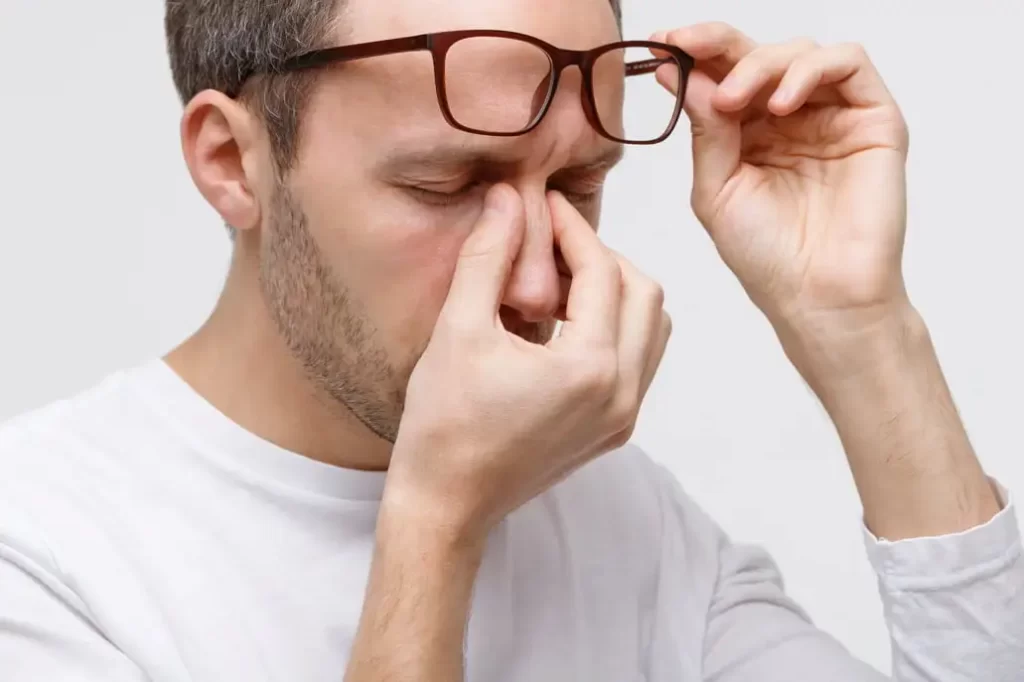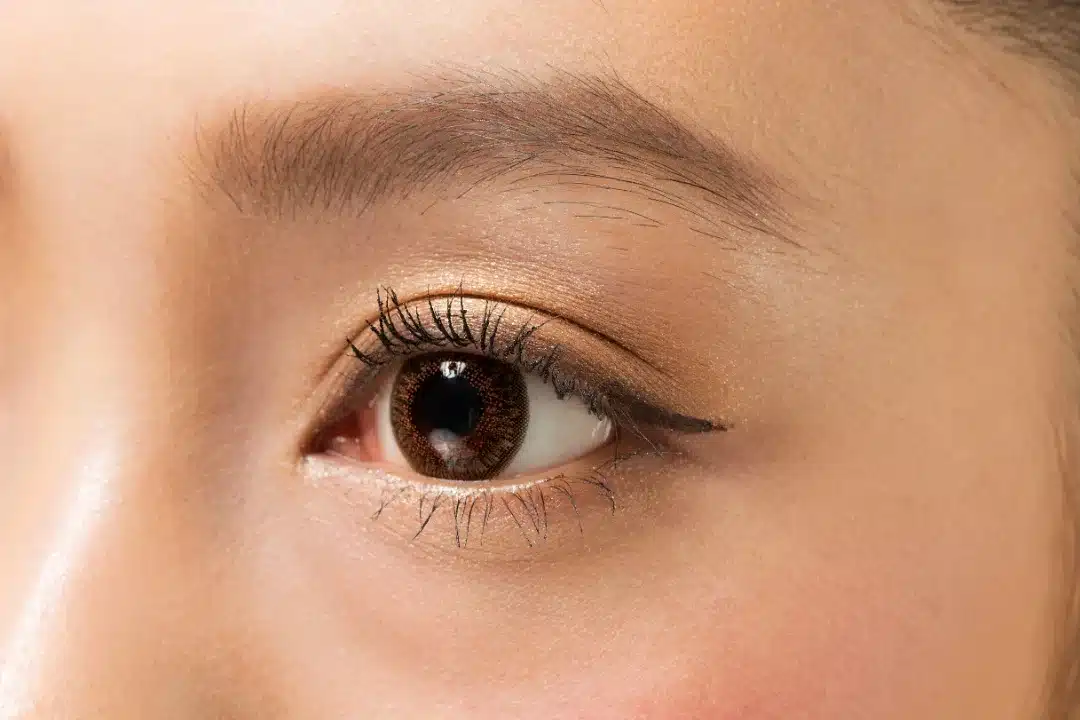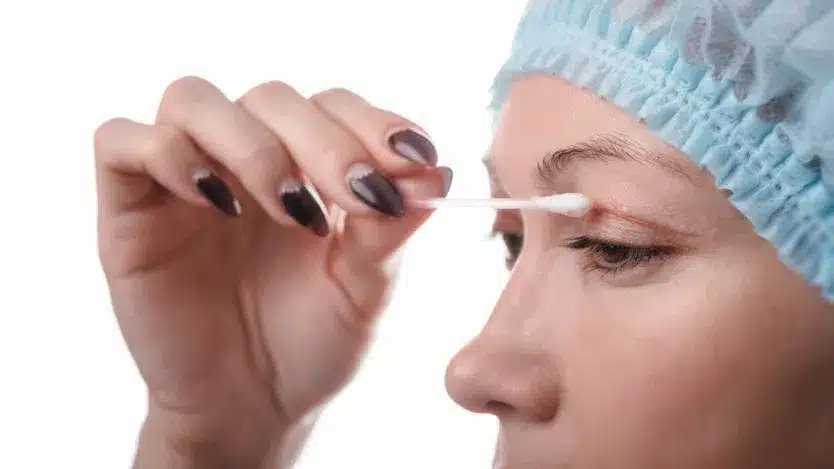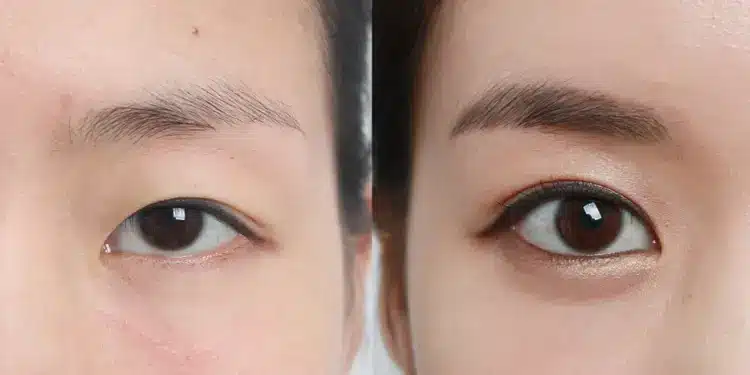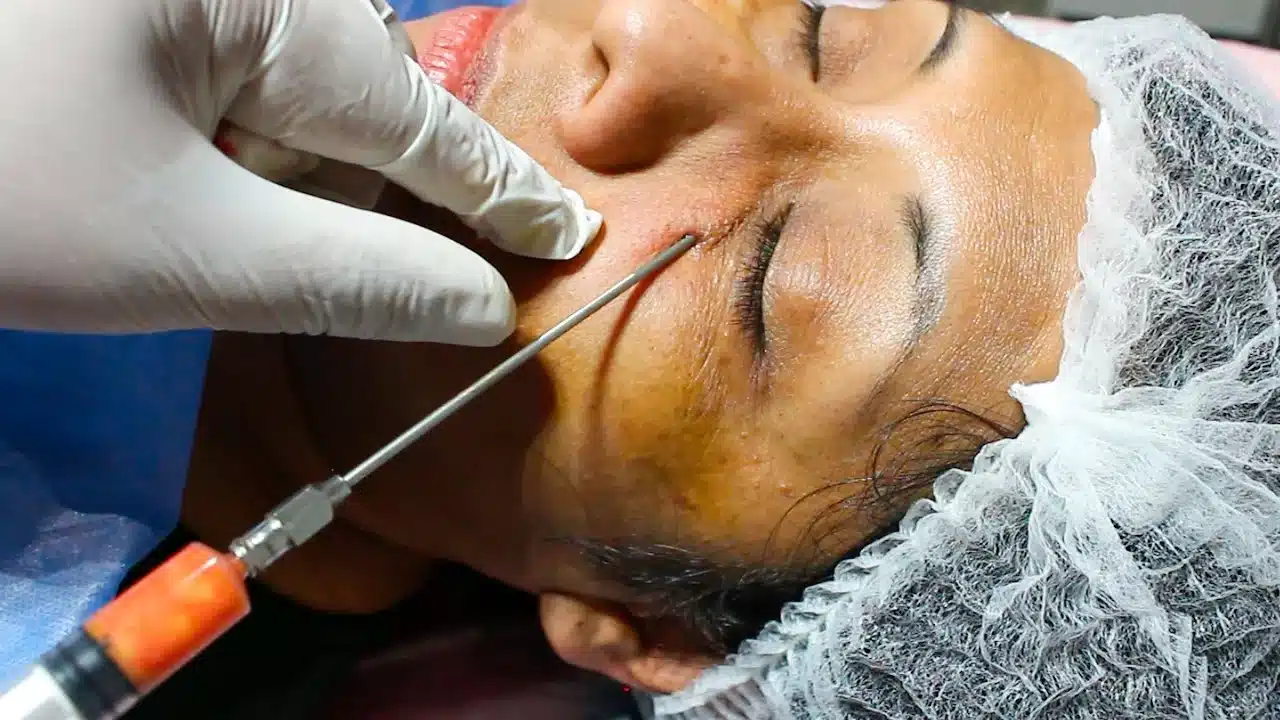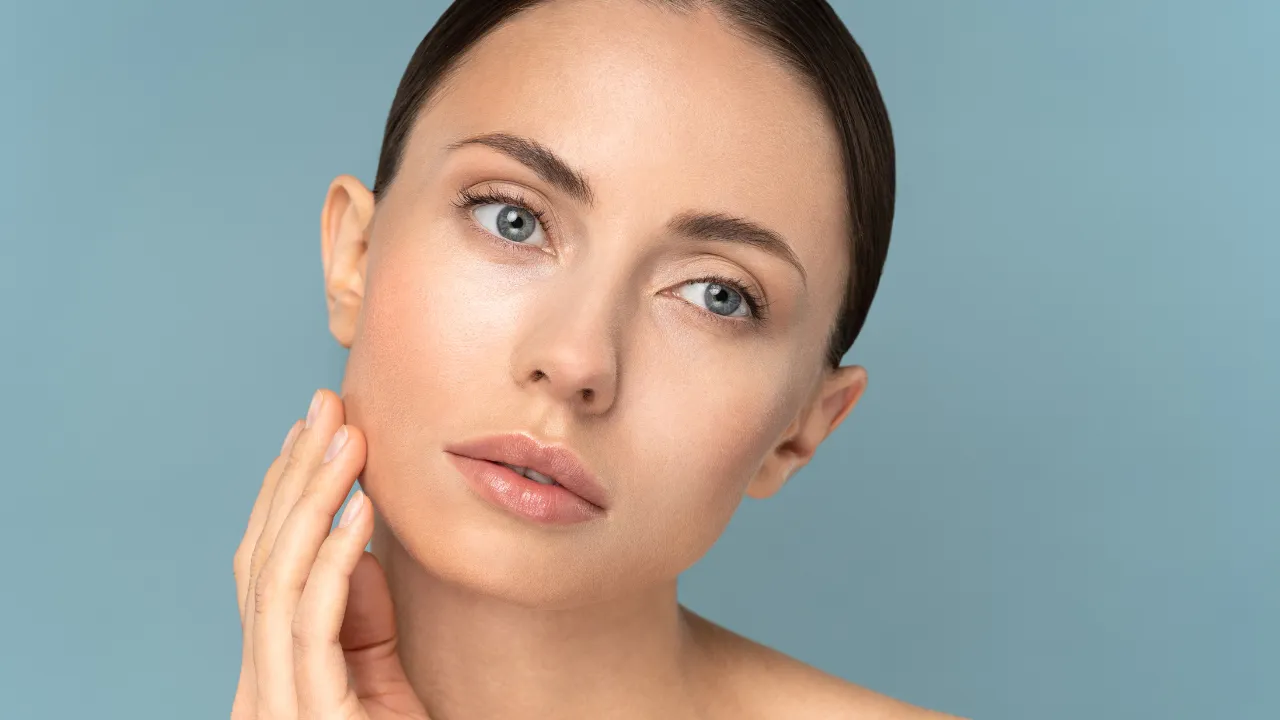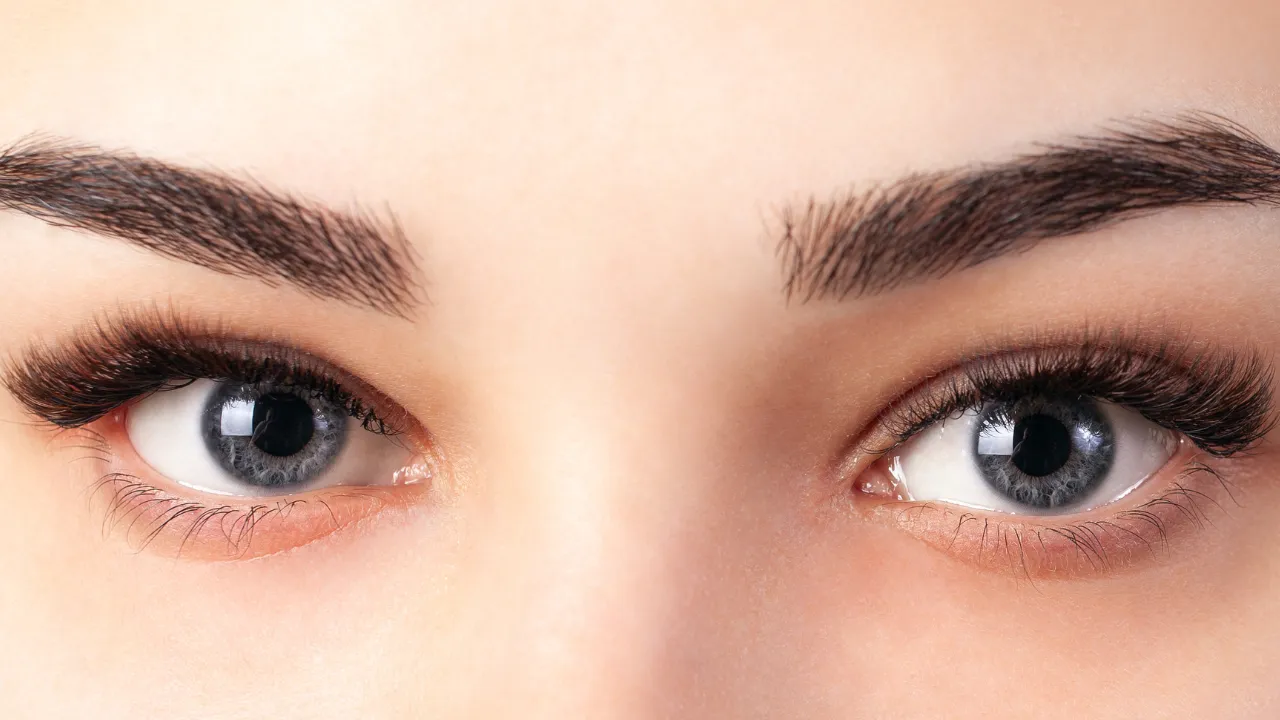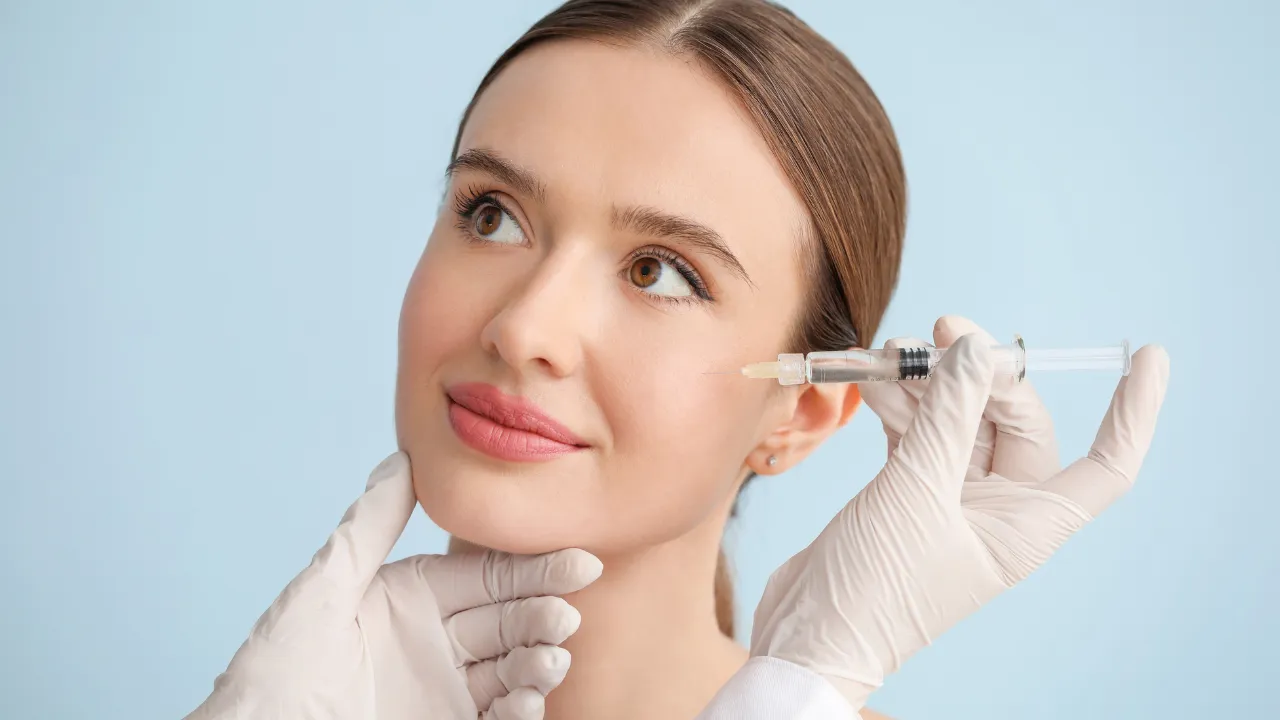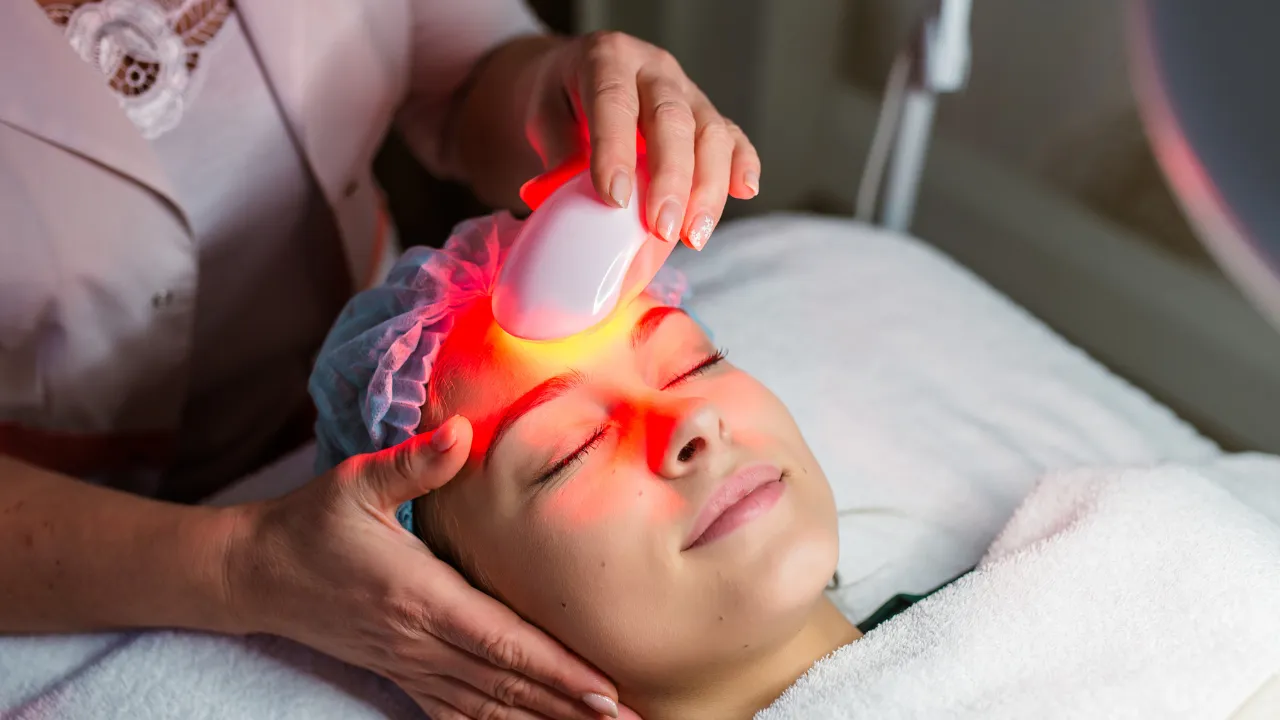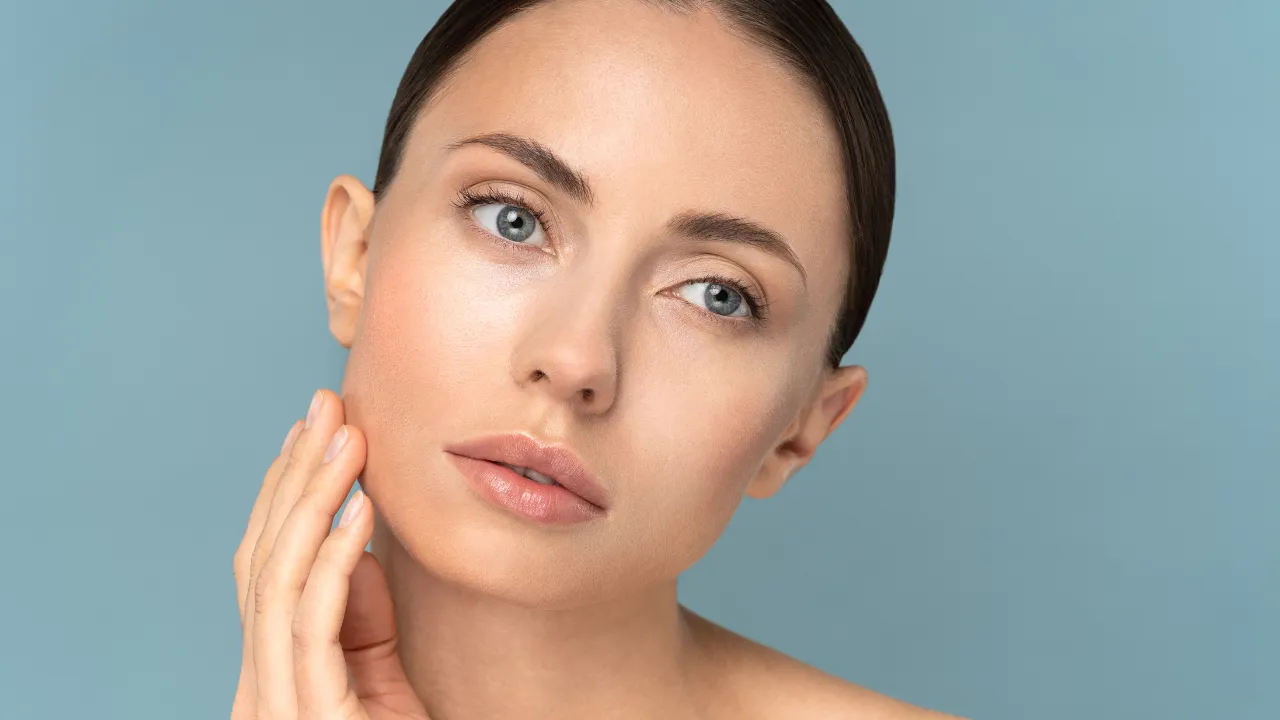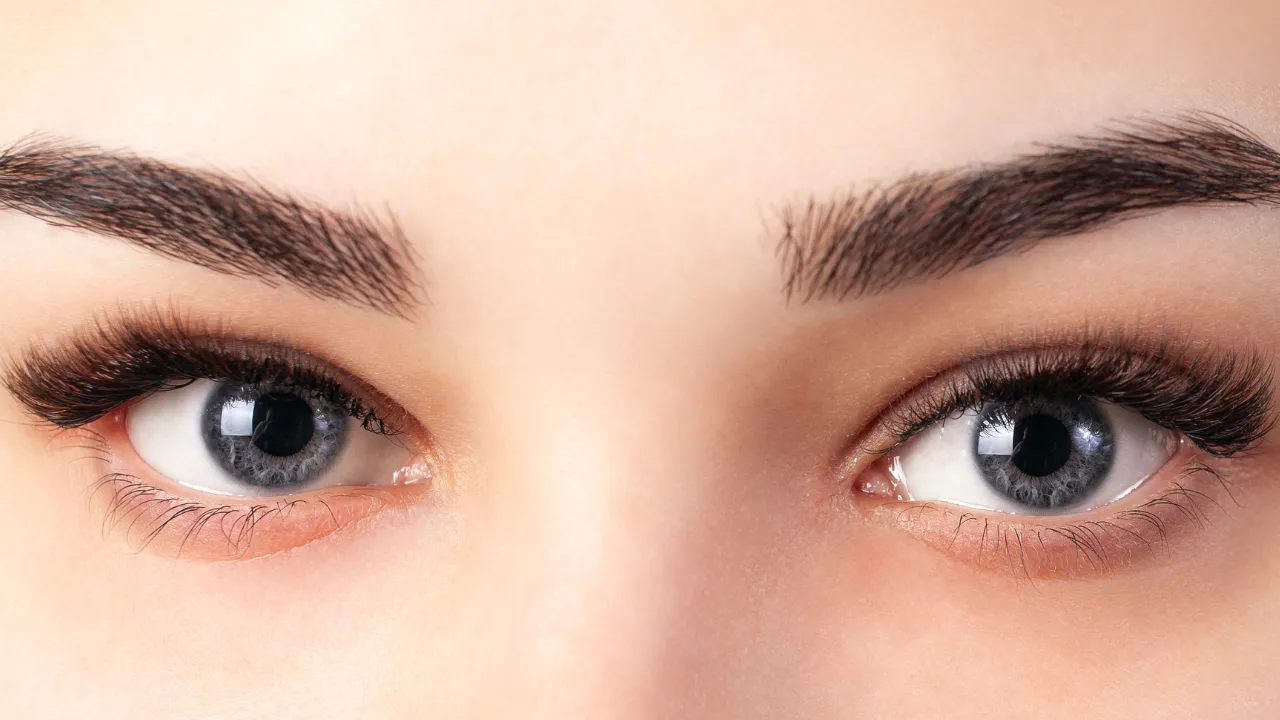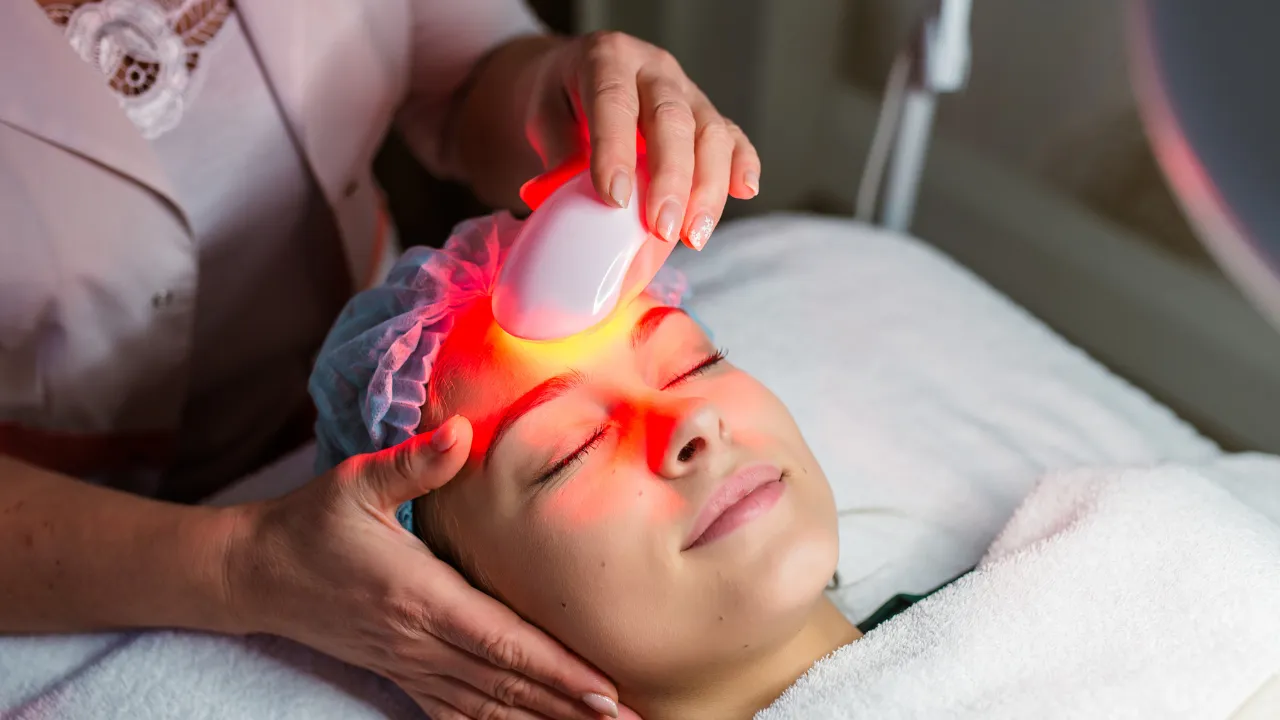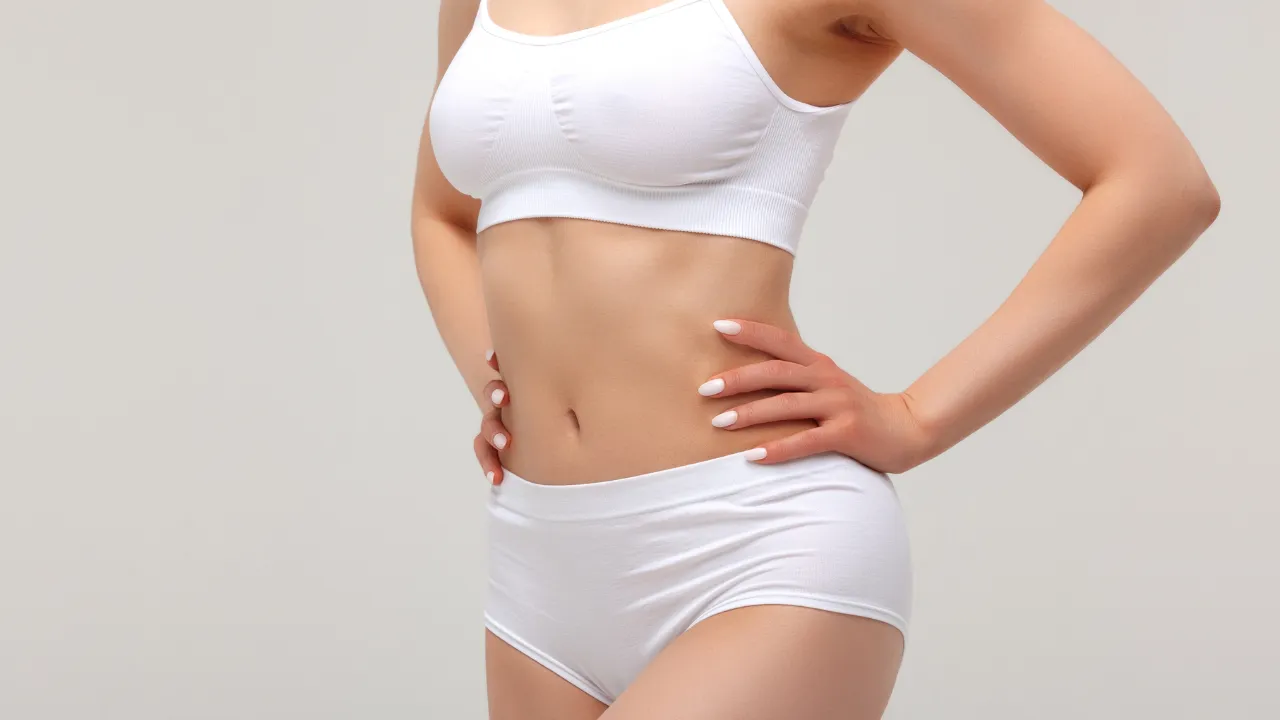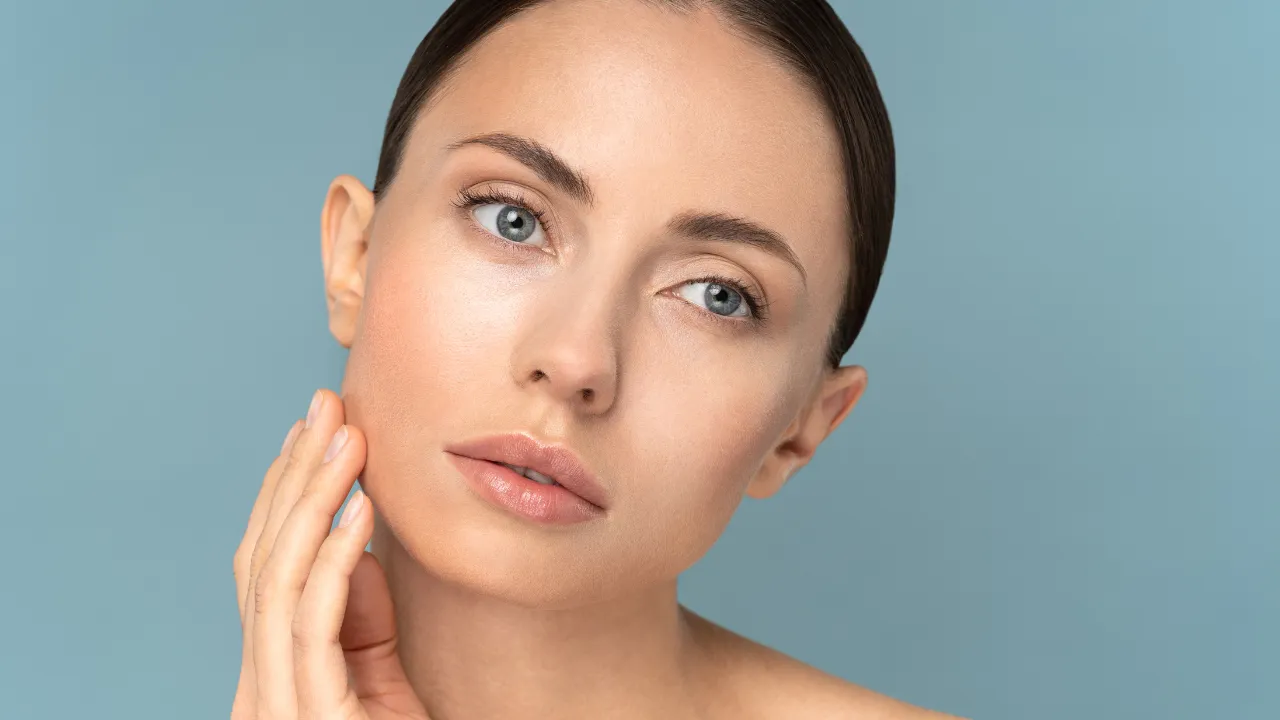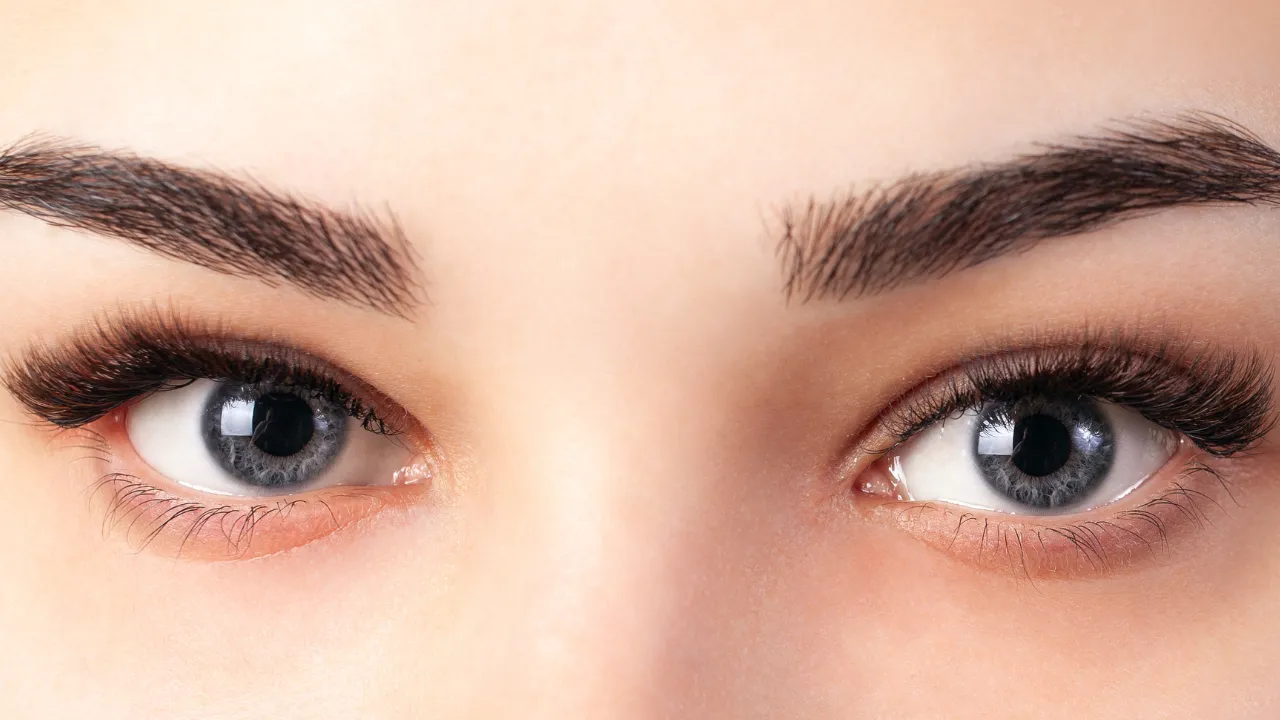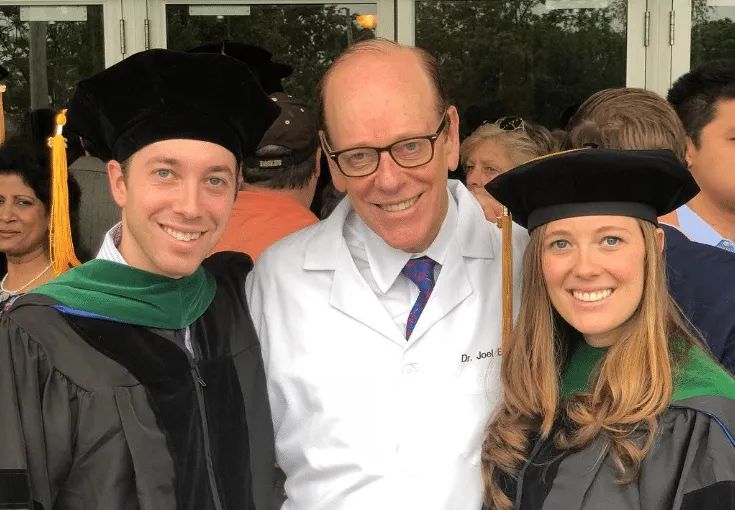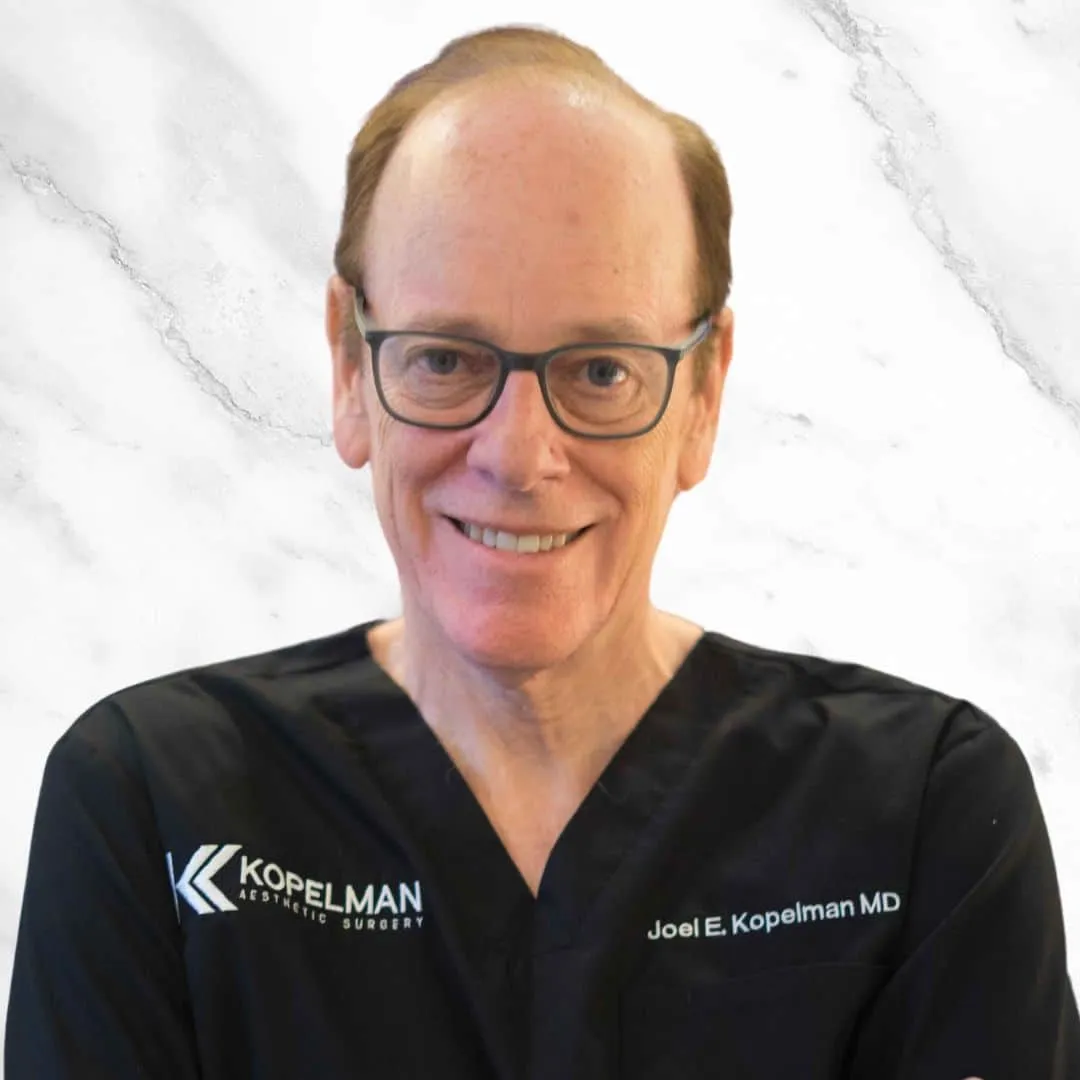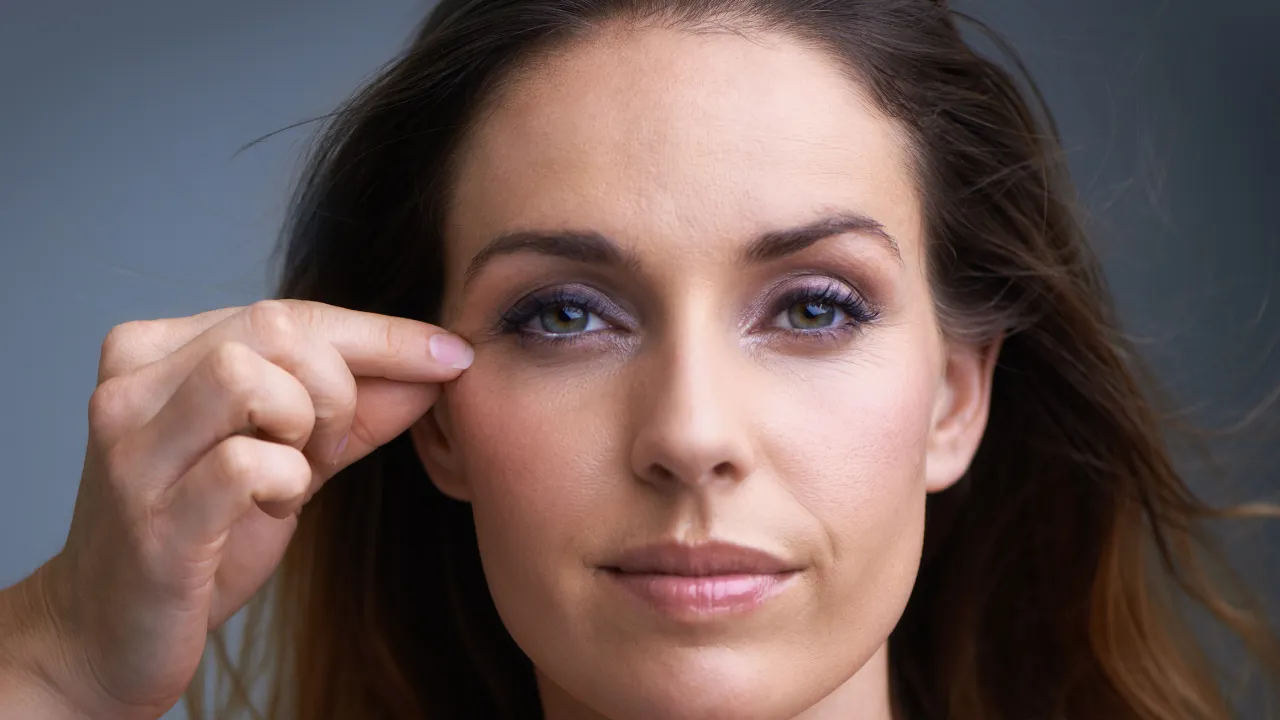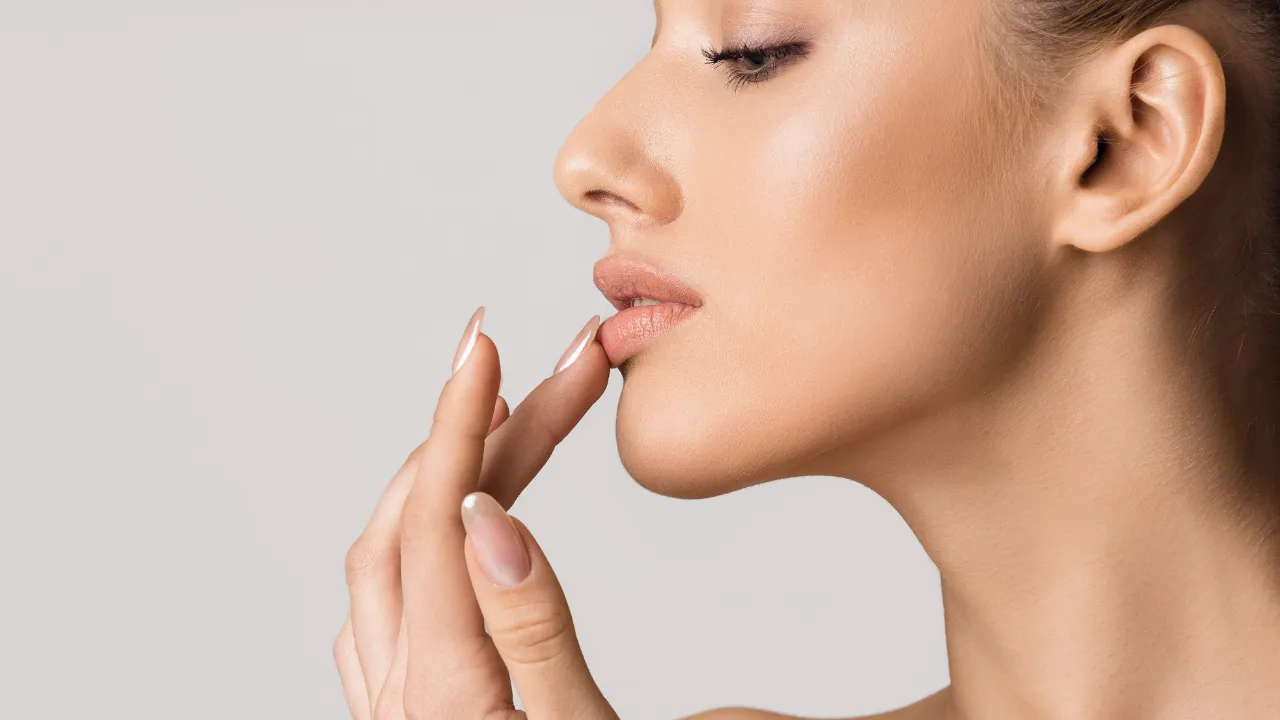At Kopelman Aesthetic Surgery in New York City, patients often ask why do my eyelids feel heavy and what it might mean for their health or appearance.
Dr. Joel Kopelman, a board-certified facial plastic and oculoplastic surgeon with more than 35 years of experience, explains that eyelid heaviness may result from fatigue, age-related changes, or underlying medical conditions.
Heavy eyelids can be temporary or persistent. Often, they relate to tiredness or allergies. In other cases, they signal a medical concern that deserves professional attention, since eyelid issues can even affect your vision if left untreated.
Key Takeaways
- Eyelid heaviness may result from fatigue, fluid retention, allergies, or aging, but persistent symptoms can indicate conditions such as ptosis, drooping eyelid, or nerve problems.
- Situational triggers include mornings, exhaustion, or side effects after Botox, each with different causes.
- Symptoms like eyelid tightness, sticky eyelids, or blurry vision often point to dry eye disease, infections, or blocked oil glands.
- Relief options range from rest and lifestyle changes to professional treatment options, including advanced surgical procedures.
- Preventive habits such as hydration, proper lighting, and regular eye care exams reduce the risk of long-term eyelid problems.
Table of Contents
ToggleWhat Heavy Eyelids Mean
Eyelid heaviness is a sensation of weight or fatigue in the upper lids. This can make it harder for eyes to open. Common short-term causes include lack of sleep, dehydration, or eye strain.
Certain medical conditions also explain heaviness in the eyelids. Ptosis, or eyelid drooping, occurs when the levator muscle that lifts the eyelid weakens. Age-related changes in skin and muscles may lead to droopy eyelids, while neurological conditions can create similar problems. In severe cases, these changes can limit the field of vision.
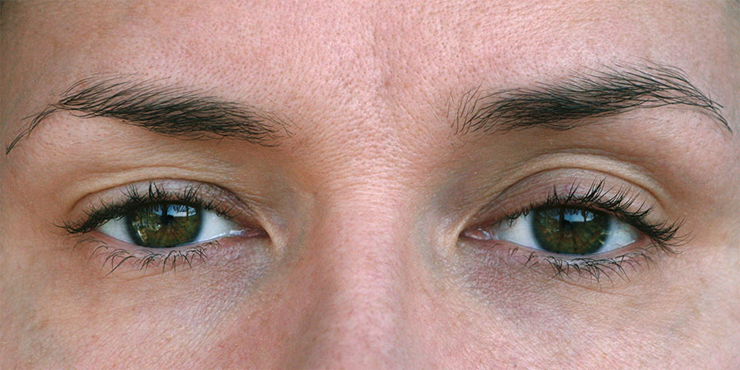
Specific Situations That Cause Eyelid Heaviness
Why do my eyelids feel heavy when I wake up?
Morning eyelid heaviness often comes from fluid retention or poor sleep quality. Conditions like sleep apnea may also contribute.
Why do my eyelids feel heavy when I’m tired or exhausted?
When the body lacks rest, eyelid muscles fatigue. Long hours of reading or screen use worsen the problem, though it usually improves after rest.
Why do my eyelids feel heavy when I’m not tired?
If heaviness occurs without fatigue, allergies, sinus congestion, or blocked oil glands may be involved. Neurological conditions like myasthenia gravis can also cause eyelid problems.
Why do my eyelids feel heavy all the time?
Constant heaviness suggests a chronic condition such as ptosis or sinus issues. Daily symptoms should be evaluated by an eye specialist.
Patients often describe needing to “force” their eyes open. For example, someone may wake refreshed but still feel heaviness at work due to sinus inflammation. Others report heaviness after long commutes, linked to dry eye or muscle fatigue.
Why do my eyes feel heavy on top?
This sensation may be linked to brow ptosis, where the eyebrows sag and press on the lids. Stress-related tension or sinus pressure are also common causes.
Why do I feel pressure on my eyelids?
Sinus infections or allergies can create swelling and pressure. Dry eye disease may also contribute.
Why do my eyelids feel heavy after Botox?
Heaviness after Botox happens if the forehead muscles are temporarily weakened. This usually resolves as the Botox wears off. If it persists, consult a specialist such as Dr. Kopelman.
Key Causes at a Glance
- Morning swelling from fluid retention
- Tiredness or muscle fatigue
- Allergies or sinus congestion
- Chronic conditions like ptosis
- Brow drooping or nerve issues
- Botox-related weakness
Related Symptoms of Eyelid Heaviness
My eyelid feels heavy but looks fine
Sometimes eyelid heaviness occurs even when the appearance is normal. This may involve fatigue, mild inflammation, or early nerve changes.
Why does my eyelid feel tight?
Tightness may come from dry eyes, skin irritation, or blepharitis. Scarring from prior surgery can also contribute.
Eyelids feel heavy and sticky
This often relates to infections or meibomian gland dysfunction, which involves blocked oil glands in the eyelids. Poor tear quality may make eyelids sticky in the morning.
Heavy eyelids and blurry vision
Blurry vision with heaviness may signal severe ptosis, dry eye disease, or refractive errors. Medical evaluation is necessary when vision changes occur.
Key Symptoms at a Glance
- Heaviness without visible drooping
- Tightness from dryness or irritation
- Sticky eyelids from infection or tear issues
- Blurry vision linked to heaviness
Quick Relief Exercises for Heavy Eyelids
Simple exercises may reduce mild eyelid heaviness. Regular blinking breaks, warm compresses, and gentle eye rolls help relax muscles and improve comfort.
These routines are not medical treatments but may ease fatigue from reading, driving, or digital work.
How to Get Rid of Heavy Eyelids
Home remedies and lifestyle changes
- Improve sleep habits and keep a consistent schedule.
- Take breaks from screens to reduce strain.
- Use lubricating eye drops if dryness contributes.
- Apply a cool compress to ease swelling.
Medical treatments and surgery
When home care is not enough, professional treatment options may include allergy medicine, prescription drops, or sinus care. In advanced cases, surgical options are considered.
Blepharoplasty removes excess tissue in the upper and lower eyelids. Ptosis repair strengthens the levator muscle, while a brow lift may help when sagging brows create pressure.
Dr. Kopelman performs these surgical procedures and focuses on natural results that restore comfort. Each patient is evaluated to determine the safest approach within the field of plastic surgery.
When to see a doctor
Seek medical advice if heaviness appears suddenly, worsens, or comes with vision changes or headaches. Early evaluation prevents overlooked conditions.
Preventing Eyelid Heaviness
Daily habits for healthier eyes
- Stay hydrated.
- Use proper lighting when reading or working.
- Follow the 20-20-20 rule during screen use.
Long-term care tips
Managing allergies, limiting irritant exposure, and scheduling exams are essential. Patients with a family history of eyelid issues may benefit from early monitoring by an experienced oculoplastic surgeon. Regular eye care supports long-term health.
If you are experiencing persistent eyelid heaviness or changes that affect your vision, we invite you to schedule a consultation at Kopelman Aesthetic Surgery. Dr. Joel Kopelman will evaluate your condition and discuss the most effective treatment options and surgical procedures tailored to your needs.

